Why is it important to leave work at work?
How do I forget the stress and stop working long hours?
Are you finding that the days are all blending together, from one workday to the next?
Does it feel like you can never truly “turn off” when the workday is over?
These feelings are especially relevant today as almost 42% of people are working from home and lack proper separation between work and personal lives.
That’s not to say that those who work in-office don’t have difficulties leaving work at work as well. It becomes especially difficult when you have an attachment to clients, students, or co-workers, and simply want the best for them.
While there is nothing wrong with being passionate about what you do, there is also a fine line between constantly being in work-mode and having a good work-life balance.
With just a little bit of preparation, you can set yourself up for success and learn how to leave work at work.
THIS POST MAY CONTAIN AFFILIATE LINKS.
IF YOU MAKE A PURCHASE FROM THESE LINKS, I MAY EARN A SMALL COMMISSION.
CLICK HERE FOR MY FULL DISCLAIMER STATEMENT.
7 Ways to Leave Work at Work
#1. Set Time Boundaries
The first step in creating a life where work doesn’t consume you is to set time boundaries during your workday. Decide what time you want to begin work, and what time you’d like to be able to end your workday, but most importantly—stick to this plan and abide by these rules as if they are set in stone.
As soon as 5:00 p.m. hits (or whatever time you decided to call quits), you better be grabbing your bag to head out the door, waving goodbye to your coworkers as you walk to your car!
When You Work From Home
This is especially important for the people who are working from home, however, it can be a bit trickier.
Along with setting time boundaries, another task to focus on during the day is spending the time you’ve set aside to work, on just work.
That means you might have to unload the dishwasher or change the laundry after the workday is done, despite how tempting it might be. When you fall into the habit of doing daily tasks while you’re supposed to be working, you can end up extending your workday to be longer than you intended.
If you work in an office, you might benefit from setting an alarm on your phone for about ten minutes before you want to end your workday. When the alarm goes off, you can start to tie up any loose ends and prepare to head home.
👉🏽 RELATED POST: How to Leave Work On Time
#2. Define Your “After Hours” Rules
Just as it’s important to set time boundaries for yourself, it’s also helpful to create some rules for yourself outside of work hours.
Something to consider during the after-hours is to completely avoid checking your email. This can be a tricky habit to break, especially if you’re used to opening your inbox numerous times throughout the day, but this can really help relieve the pressure of work while you’re off the clock.
If this is something you really struggle with but lack the willpower to stop, you can download the Freedom app, which can block distracting apps, such as email, for the times you want to avoid it. Eventually, it could become a habit and you might find yourself being so disciplined that you don’t even need the app anymore!
👉🏽 RELATED POST: How to Stop Distractions at Work
#3. Create a Workspace
Creating a space that’s designated for the sole purpose of working can significantly help in finding ways to leave work at work. While it’s definitely nice to have a dedicated workspace such as an office or separate room that you can escape to during the day, it doesn’t have to be so grandiose in order to be effective.
Simply carving out space in your home, whether it be at the kitchen table or on the countertop, is another form of setting work boundaries. If you have a space to go to each day that’s assigned for work activities, then you might be more productive within the time boundaries you’ve set for yourself.
When the day is over, you have somewhere to physically move away from to signify that the workday is complete.
👉🏽 RELATED POST: How to Hygge Your Home Office
#4. Set Yourself Up For Success
A shocking 83% of Americans claim they suffer from work-related stress. Even if you love your job whole-heartedly, there are bound to be days when you feel overwhelmed or stressed beyond measure.
A good way to take control of your day and set yourself up for success is to create a list. This is something you can do first thing in the morning when you start your workday or at the end of the workday to prepare for everything you need to accomplish the following day.
👉🏽 RELATED POST: Success Habits You Need to Start
A stylish to-do list notepad is a sure way to keep you on task and focused for the day ahead because who doesn’t love having something tangible to cross out once it’s completed?
Not only will this help you associate the end or the beginning of your workday, but it will also help you begin or end the day on the right foot. The satisfaction of seeing what you’ve completed throughout the day can help you end the day feeling accomplished, and ready to close your laptop.
When you set yourself up for success, you’re more likely to have a productive workday and feel good about stepping away at the end of the day.
#5. Protect Your Eyes
When the time comes to shut your computer for the day and move onto family activities, many individuals find themselves exhausted and unable to properly focus anymore.
When it comes to staring at screens for extended periods of time, a common complication is digital eye fatigue that can affect your energy levels and physical comfort as the day goes on. Some days it can feel like you cannot look at your screen for one minute longer, dealing with a throbbing headache induced by eye fatigue. If this is how you feel while working, it will likely carry over to family or personal time as well.
To combat this issue and make the most of your personal time after work, try wearing glasses with blue light filtering lenses. The blue light that’s emitted from screens can have a lasting effect on the eyes, so having that extra layer of protection can be extremely beneficial and keep your energy and focus high.
Not to mention, putting a pair of blue light glasses on before you start your workday can prevent those nagging headaches that never seem to fade and decrease your productivity.
With your eyes feeling fresh even after staring at a screen all day, you’ll have more energy and excitement to accomplish all of the things you planned after work whether that’s cooking a nice dinner or getting some exercise in.
👉🏽 RELATED POST: How to Stay Healthy with a Desk Job
#6. Make Time For The Things You Love
Working long hours can be very taxing on your mental and physical health. It’s easy to lose sight of the things that you love and make you feel good when your brain is constantly in work-mode. It’s important to recognize that focusing on yourself and your relationships, happiness, and relaxation, will only improve your productivity when you’re actually on the clock.
On a deeper level, making time for the things you love or hobbies you care about is bound to raise your self-esteem. Some workdays can feel like they took a toll on your emotional wellbeing. In a stressful environment, it can be hard not to take things personally.
When all is said and done, spending time doing what you love, whether it be painting, reading, exercising, or anything else, can have a tremendous impact on your mental health. Finishing the day on a positive note will carry over into the next day and allow for a new beginning with fresh perspectives.
One study referred to the idea of a hobby as a “mastery experience”. It suggested that spending time on this mastery experience, otherwise known as an interesting or engaging activity, can be beneficial for mental health.
The rewarding feeling that comes from completing a task successfully can be extremely beneficial. This further stresses the importance of making time for the things you love after a long day of work.
👉🏽 RELATED POST: Working in a Toxic Work Environment?
#7. Mentally Declutter
After a long workday, it can be difficult to sign off completely and expect to forget about work for the remainder of your day. There is even a name for this: attention residue. This phenomenon refers to the way our attention is split when there are multiple obligations or tasks at hand.
Even after you’ve completed a task, there is a period of attention residue where you’re unable to give your complete and undivided attention to the next task at hand. Simply put, the brain will still focus on the last task you completed unless you intentionally train it not to.
The idea of attention residue is apparent when trying to leave work at work. The workday could be over but that email you meant to send or call you had to return is still lingering in your mind well into the evening.
A good way to clean up attention residue is to physically move.
- This might mean taking a walk after ending your workday to help clear your mind.
- It might mean spending some time meditating or rolling a mat out in your living room to do a yoga video.
- You might even focus on self-care by drawing a bath, tossing in a relaxation bath bomb, and reading a good book.
The goal is to mentally declutter so you’re not still giving attention to work-related things after hours. This gives your body time to recharge for the day to come.
👉🏽 RELATED POST: Ways to Manage Stress in the Workplace
Top Questions About Leaving Work at Work
Q: Why is it important to leave work at work?
When you create a healthy work-life balance, you’re allowing yourself to shut off the day’s stressors and recuperate. Completely immersing yourself in your work can be productive and beneficial, but without taking time to recharge, you might burn out at work and feel the negative effects of work fatigue.
👉🏽 RELATED POST: How to Prioritize Time at Home and Work
Q: How do I stop working long hours?
Before you begin your work week, take ten minutes to look at your schedule, both work and personal. Be intentional about how you’re spending your time. Focus on working hard while you’re on the clock, and set an alarm for when you want to end the day.
Q: How can I forget work stress when I’m not working?
As much as we’d like our stress to completely disappear while we’re not on the job, it’s probably very unlikely. Instead, focus on things that bring you peace and calm. Engage in activities, like a 1,000 piece puzzle that will require your attention and focus, leaving you no room to feel work stressors.
👉🏽 RELATED POST: Work-Life Balance for Busy Moms
At the end of the day, work-life balance is something countless people struggle with and it’s comforting to know you’re not alone with these feelings.
By implementing these tips and tricks, you can hopefully start to minimize the effects of feeling like your work life is spilling into your personal life.
Separate Your Work and Home Life
The truth is: it’s HARD to leave work at work. However, it is possible (and necessary!) to find that balance.
Take the time to implement these strategies into your daily routine, and you might just find yourself more seamlessly flowing from work hours to relaxation hours.
Printable Daily & Weekly Planners
Ready to finally leave work at work? To balance your work time and off-time? Get your FREE Printable Daily and Weekly Planners. They’re perfect for managing your daily and weekly schedule to keep you focused on work, and focused on yourself.
Don’t let your work life consume every minute and hour of your day.
The next time you leave the office or sign off your work computer, just leave work at work.
Working long hours every night? Unable to leave work stress... at work? Click here to how to leave work at work (where it belongs) and finally create a work-life balance. #WorkLifeBalance #Priorities #FindingBalance
How will you leave work at work?
Last Updated on February 19, 2025
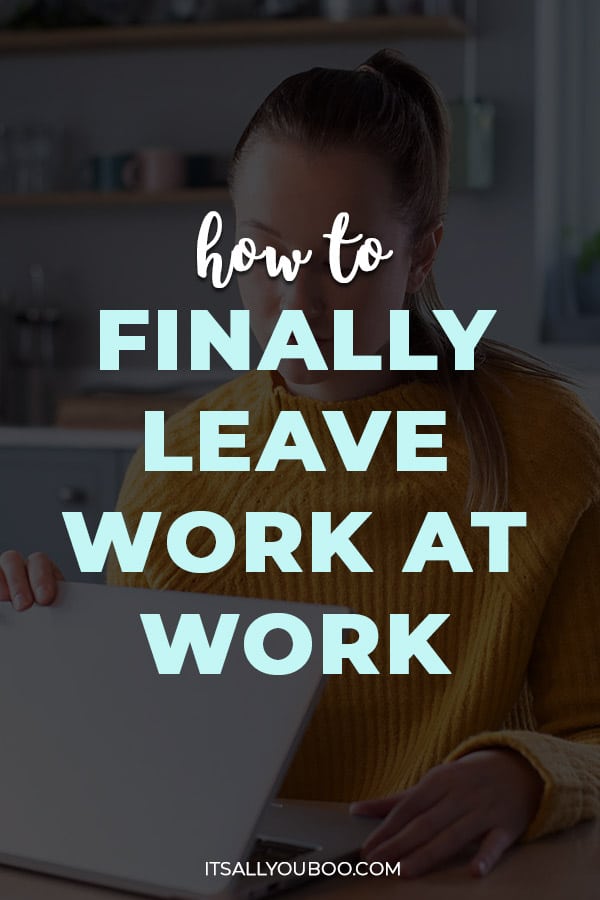

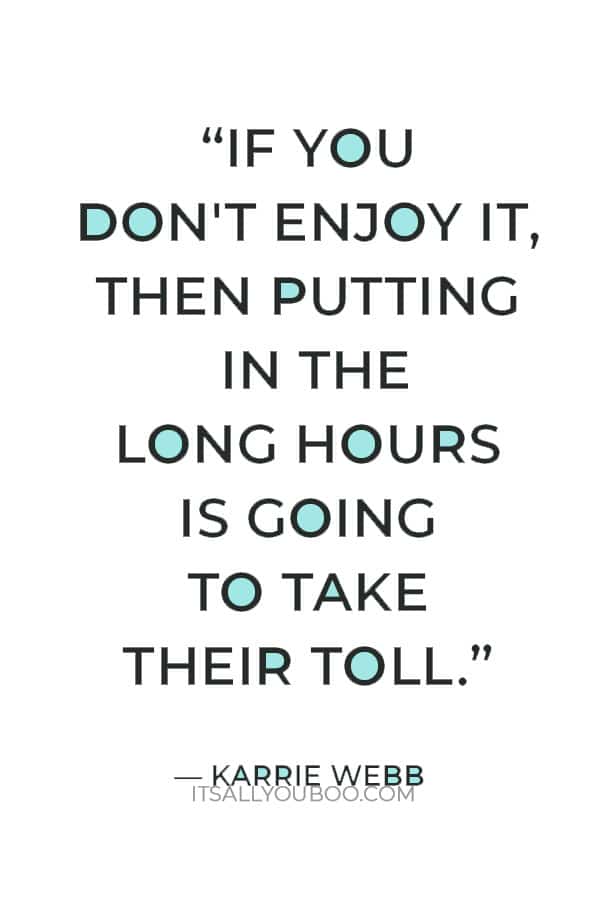
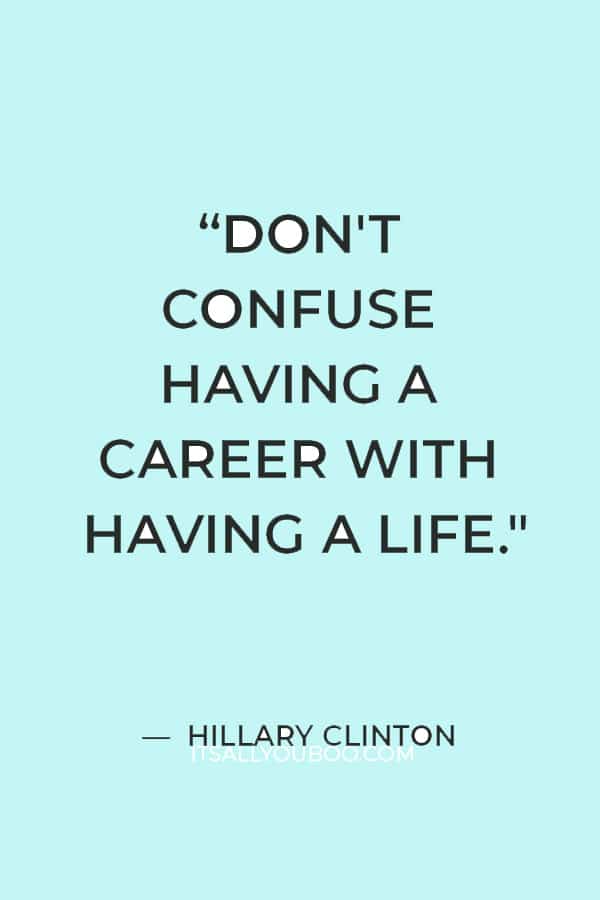
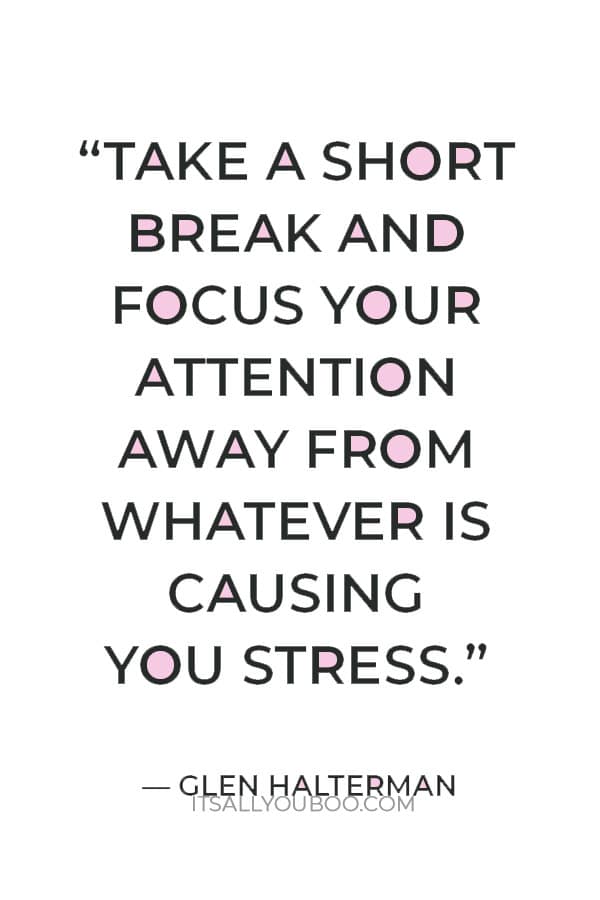
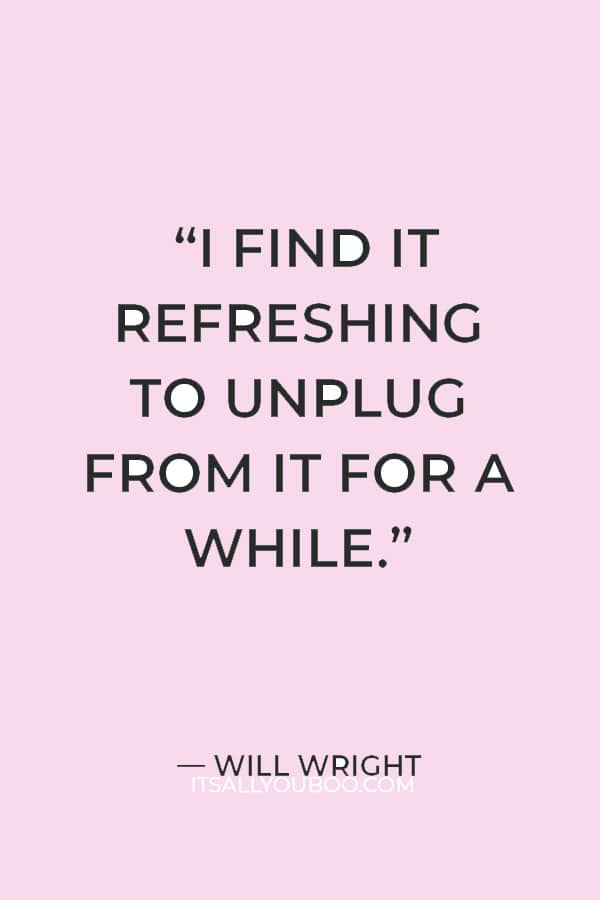
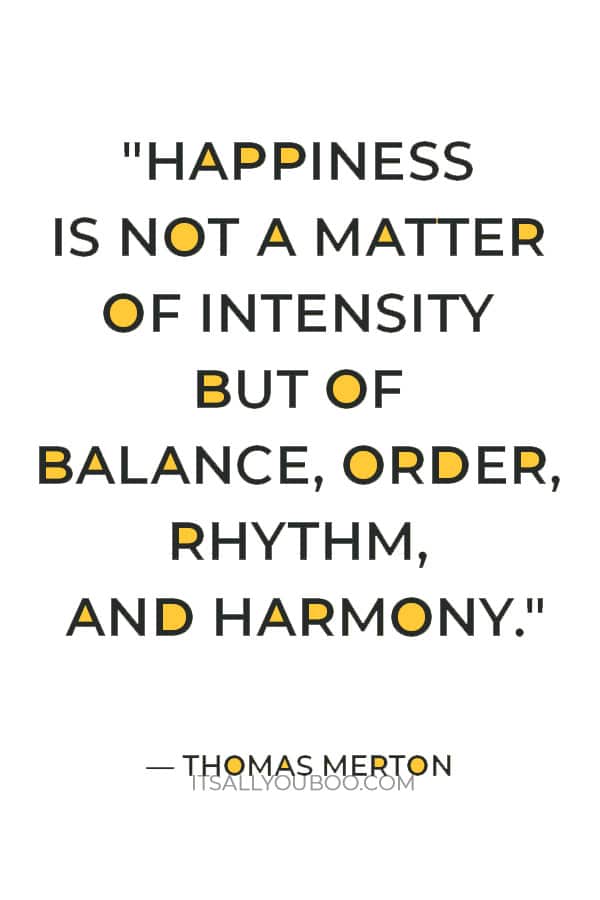
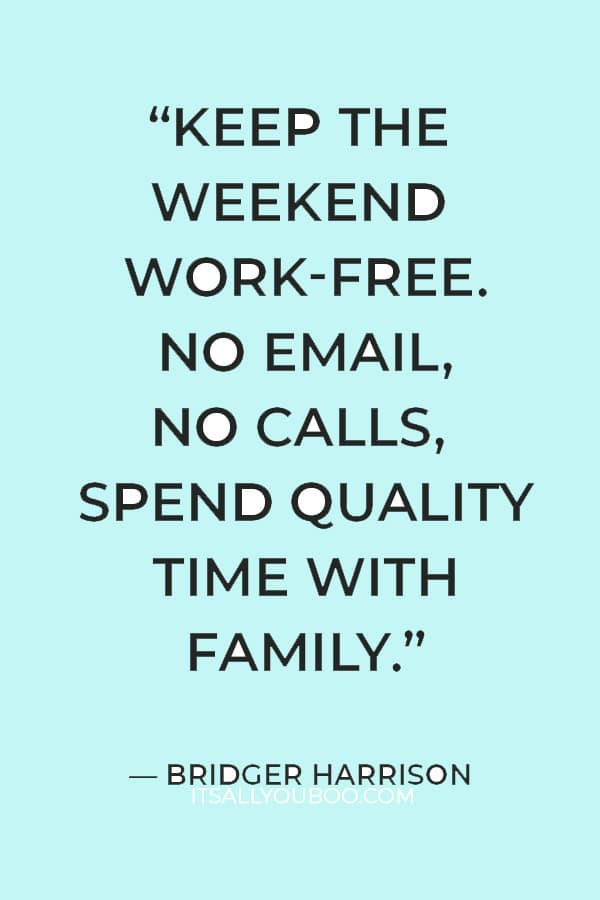



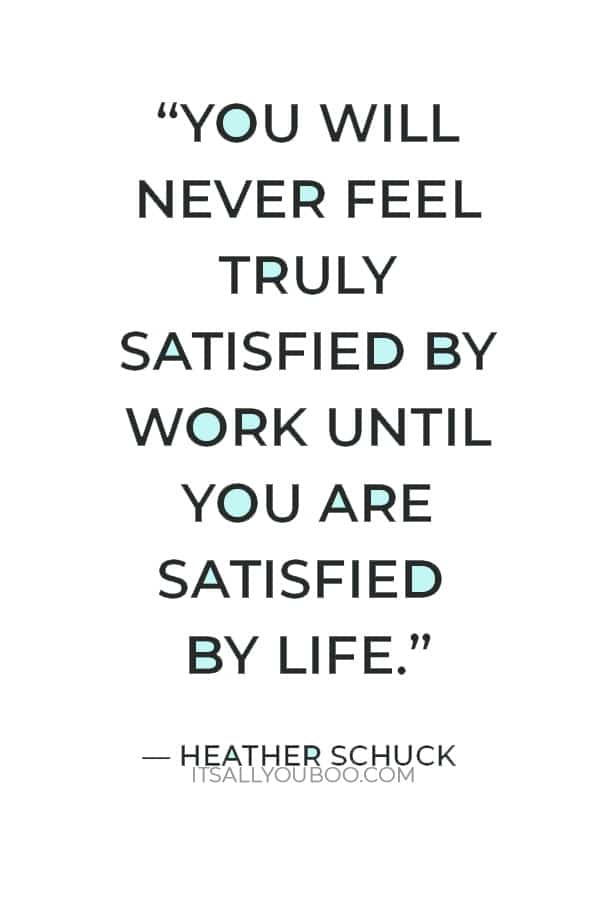





Heather says
It was much easier to leave work at work when I worked outside of the house, for someone else. Being self-employed, it’s not that easy.
Nadalie Bardo says
Hey Heather,
You are so right! You walk out the door (or run) and don’t think about it until you get up the next morning. It’s so hard to compartmentalize home-life and work-life when work is at home. Hope these tips help!
Mimi says
This is so helpful, I really struggle to keep the balance, having set times helps though
Nadalie Bardo says
Hey Mimi,
100% agree with you! Having times in your schedule for work-time and everything else time is key. I love my end-of-day routine, it’s keeping me sane while working from home.
Keira Ball says
To balance both is really hard. I can’t find time for myself.
Nadalie Bardo says
Hey Keira,
It is challenging for sure to leave work at work, but take tiny steps to set boundaries and then build on them.
Brittany Limberakis says
This is so important! I feel like I’ve gotten really good at it but there’s always room for improvement and growth in this matter!
Nadalie Bardo says
Hey Brittany,
Couldn’t agree with you more! I feel the same way. I can turn off my work brain, but we can always be better at it. Leaving the house for walks or outings really helps me too. Happy home-life balance!
Bella says
I struggle so hard with making work hours.. I love my job and I really do love work so i tend to work alot!!! i need to focus on this way more
Nadalie Bardo says
Hey Bella,
I so feel you! I love what I do too, and unashamedly work seven days of the week no problem. But, that’s only sustainable when I’m taking lots of breaks and not just thinking work, work, work. Ya know?
Tisha says
I definitely struggle bringing work home. I need to make it a habit to stop doing that
Nadalie Bardo says
Hey Tisha,
You should! It honestly makes all the difference in the world. And you can enjoy being at home.